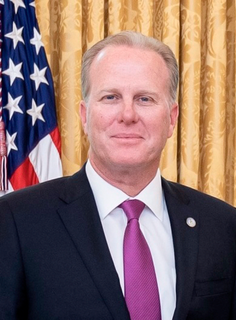A Quote by Nicholas Negroponte
One of the basics of a good system of innovation is diversity. In some ways, the stronger the culture (national, institutional, generational, or other), the less likely it is to harbor innovative thinking. Common and deep-seated beliefs, widespread norms, and behavior and performance standards are enemies of new ideas. Any society that prides itself on being harmonious and homogeneous is very unlikely to catalyze idiosyncratic thinking. Suppression of innovation need not be overt. It can be simply a matter of peoples walking around in tacit agreement and full comfort with the status quo.
Quote Topics
Agreement
Any
Around
Basics
Behavior
Being
Beliefs
Comfort
Common
Culture
Deep
Diversity
Enemies
Full
Generational
Good
Harbor
Harmonious
Homogeneous
Ideas
Innovation
Innovative
Institutional
Itself
Less
Likely
Matter
National
Need
New
New Idea
New Ideas
Norms
Other
Performance
Quo
Seated
Simply
Society
Some
Standards
Status
Status Quo
Stronger
Suppression
System
Tacit
Thinking
Unlikely
Very
Walking
Ways
Widespread
Related Quotes
It's the unlikely juxtaposition of creativity and logic which causes the wooliness and confusion around the term 'innovation'. Everybody wants to be innovative; many companies and ideas are proclaimed to be innovative and no one doubts that innovation is a money spinner. And, thus, we are all looking for the magic formula. Well, here you go: Creativity + Iterative Development = Innovation.
Competition has never been more threatening than it is now. Innovative thinkers challenge the status quo in their organizations. They are often viewed as "troublemakers." They threaten the defenders of the status quo. So competition within an organization can also be brutal. The most effective leaders overcome "the ideology of comfort and the tyranny of custom" by being change agents themselves. They encourage and reward innovative thinking. I have observed that people only resist changes imposed on them by other people.
If you look across the economy, if you have multiple players in an industry, you have more customization, more innovation, greater choice for consumers. The more you have consolidation, the less likely you are to invest in innovation. It becomes all about driving down cost and mass production. And that's not good for innovation in an industry.
The two most important forms of diversity when it comes to innovation are visible diversity (typically skin color, age, gender, etc.) and underrepresentation (anytime someone is less than 15% of the majority group). Other forms of diversity are also relevant but these are the ones that psychologically play the most role in how someone engages with the innovative process.
Leapfrog innovation - consistent, constant, ridiculous leapfrog innovation - only happens within a dictatorship. Any time you try to do something really innovative, most people aren't going to understand it until after they experience it. So when you're developing in innovation, you have to be a dictator.

































